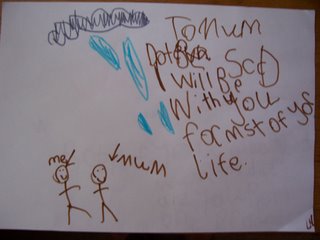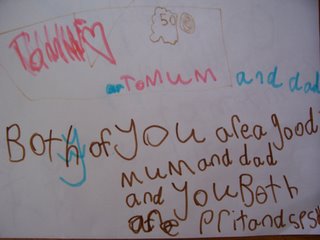At the moment I'm reading the first volume of Sir Karl Popper’s ‘The Open Society and Its Enemies’ (I read the second volume a couple of years back). This wonderfully stimulating work, now regarded as a classic defence of liberal democracy, was written by Popper in New Zealand during the darkest days of the Second World War. Popper, a native of Austria, had, as a Jew, to flee from the murderous persecution of the Nazis. After the war he moved to England, where he lived until his death in 1994.
What Popper writes appeals to my small ‘l’ liberal sensibilities, but leaves me with questions.
For example, Popper makes the following statement,
“[Individualism] has become the basis of our western civiliaztion. It is the central doctrine of Christianity (‘love your neighbour’, say the Scriptures, not ‘love your tribe’); and it is the core of all ethical doctrines which have grown from our civilization and stimulated it. It is also, for instance. Kant’s central practical doctrine (‘always recognize that human individuals are ends, and do not use them as mere means to your ends’). There is no other thought which has been so powerful; in the moral development of man.”
This resonates with me, probably because it acknowledges something that is indeed in the Christian tradition, and that does indeed go back to the teaching and practice of the Lord. This focus on the value of the individual was, as it happens, also a significant feature in the writing of that great 20th century apologist, C S Lewis. Listen to Lewis in ‘The Weight of Glory’,
"There are no ordinary people. You have never talked to a mere mortal. Nations, cultures, arts, civilisations -these are mortal, and their life is to ours the life of a gnat. But it is immortals whom we joke with, work with, marry, snub and exploit -immortal horrors or everlasting splendours. This does not mean that we have to be perpetually solemn. We must play. But our merriment must be of that kind (and it is, in fact, the merriest kind) which exists between people that have, from the outset, taken each other seriously -no flippancy, no superiority, no presumption. And our charity must be a real and costly love, with deep feelings for the sins in spite of which we love the sinner -no mere tolerance or indulgence which parodies love as flippancy parodies merriment. Next to the Blessed Sacrament itself, your neighbour is the holiest object presented to your senses. If he is your Christian neighbour he is holy in almost the same way, for in him Christ vere latitat -the glorifier and the glorified, Glory himself -is truly hidden."
Great stuff. But Lewis writes this with a general willingness to examine the question ‘What is a human being’, whereas (as far as I can tell) for Popper this sort of ‘essentialist’ question is not only redundant, it is destructive of true respect for human individuals.
But there’s the question that I want to put to Popper: "Sir Karl, as soon as you talk of 'human individuals' you must have some practical but unstated definition of what constututes a 'human individual'. Well, in your case what is the defintion? How do I know what you are talking about? Are disabled people human beings? Are poor people human beings? Are embryos human beings?"
Popper seems to be a dedicated nominalist, and at a methodological level, at least, would, it appears, want to defer the question of the definition of a human being in favour of attempting to solve problems confronted by particular human beings. This style of argumentation seems to work only if his readers agree to defer the question explicitly, but to have an agreed and unstated implicit definition of what constitutes the essence of a human being.
Popper’s apparent dedication to deferring the ‘essential’ question seems to me to be a practical impossibility (a practical impossibility, I would say, akin to that faced by the moral relativist, who at a practical level must use ‘ought’ language). In fact there seems to be an irony: Somewhere along the line, as far as I can tell, we human beings must show at least part of our ‘essence’ by being practical essentialists; we must, in our behavior and even more or less explicitly in our speech a definition of what we consider makes a human being. We must have a practical answer to the ‘essential’ question.
But Karl is dead. I can’t get an answer from him. I’m left thinking that he smuggled an understood but unstated essentialist definition of ‘human being’ into his text but that, given his loathing of Plato’s (and Hegel’s and Marx’s) historicism, he was afraid to admit it. The best interpretation that I can put on his approach is that generally speaking we only start asking for a definition of what makes a human being when something is desperately wrong (the murder of racial minorities; the creation of embryos as means to an end; the defence of slavery). And in human history, and even in the last few days in Australia, the definition of who is part of the human community is so often restricted in the interests of the rich; the powerful; the healthy.
Well, I’ll keep reading ‘The Open Society and its Enemies’, and literally thank God that people like Popper have been dedicated enough to do the hard work of writing to defend the dignity of human beings, even if they have not understood that we all, even the smallest of us, are created in the image of God. And I’ll keep wishing that I could question Popper, and hear what he had to say.


